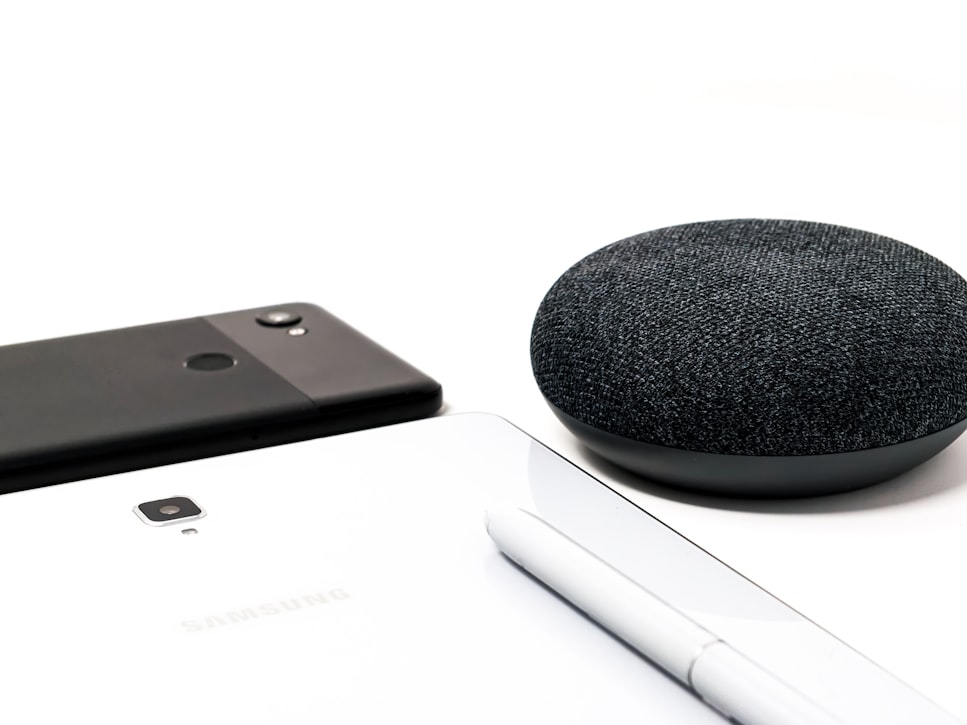
That being said, voice assistants are still generally used to perform simple tasks. For now, the bulk of consumers have yet to graduate to advanced activities like shopping or even controlling smart devices.
This has been narrowed down to 3 main reasons according to the Pew study.
First, Limited Knowledge of Capabilities: People are still unsure of the capabilities of their Voice Assistant devices. Even if the Voice Assistant is capable of a task, it may not be apparent how to ask.
Second, Lack of Trust: Assistants are still not trusted with every task. Users find it hard to trust assistants with very complex problems and thus, don’t trust them to manage their lives completely.
Third, Complexity and Price: Consumers don’t see the point in spending hundreds of dollars on devices that they’re not sure will make their lives significantly better. Sure, Amazon’s Echo speakers can operate a TV and other smart devices. However, will the convenience justify the cost?
That being said, better voice assistant capabilities are on the horizon. In fact today, compared to even 2 years ago, voice assistants are markedly better and smarter. Here are a few examples of.
Useful Voice Assistant Commands
Google Assistant, Amazon Alexa, and Apple Siri have all become smarter. Here are some of the things that they can help with:
Finding Your Phone
If you can’t find your phone, your smart speaker can locate it for you. Just ask your Smart Speaker to "Find my phone".
Screening Calls
Post the Pixel 3, Google put in a call screening feature. Google Assistant can answer the phone on your behalf and record a transcript of the call. Hence, you can choose to ignore the call if it’s a pesky telemarketer. With Americans getting 58.5 billion robocalls in 2019, this is a very useful feature.
Remembering Things
Some of us have trouble remembering things. Now you can just tell your Voice Assistant to remind you. For example, tell your Voice Assistant to "Remind me to check the dryer in one hour".
You can also put items on lists (like a shopping list). Just ask your Voice Assistant to "Put milk on the Shopping List". And when you want to know what’s on the list, just say: "What’s on my Shopping List".
Voice Assistants can also work with your calendar. Try saying: "What’s on my calendar tomorrow?
Translation
While Siri can translate over a dozen languages, Google Assistant has access to over 100 languages through Google Translate. Just ask your Voice Assistant: "how do I say ‘thank you’ in German".
Customer Productivity and Internal Productivity
Voice Assistants are not just for personal use. For businesses, voice assistants are becoming extremely valuable for many things including tasks like executive reporting or data analysis. Voice commands can build analytical queries over large data stores. Siri can do this by using voice commands.
Customer service is another area where voice assistants are now a valuable tool. They can customize customer experience by responding to queries, and following up on orders, or even processing payments.
While Voice Assistants are still learning new things, as you can tell, they aren’t just toys any longer.

